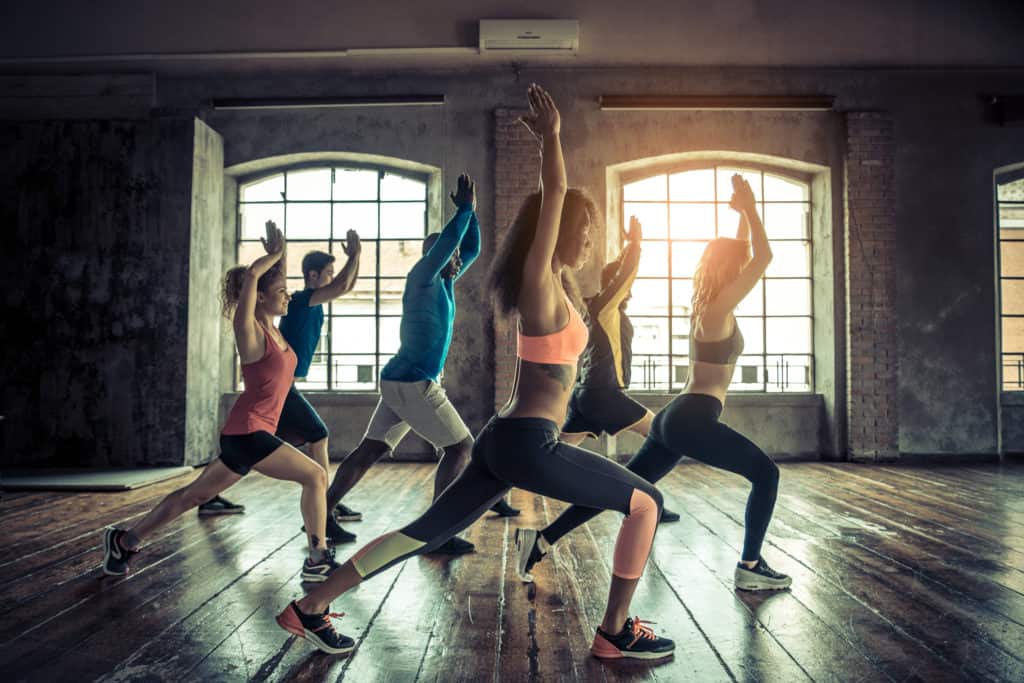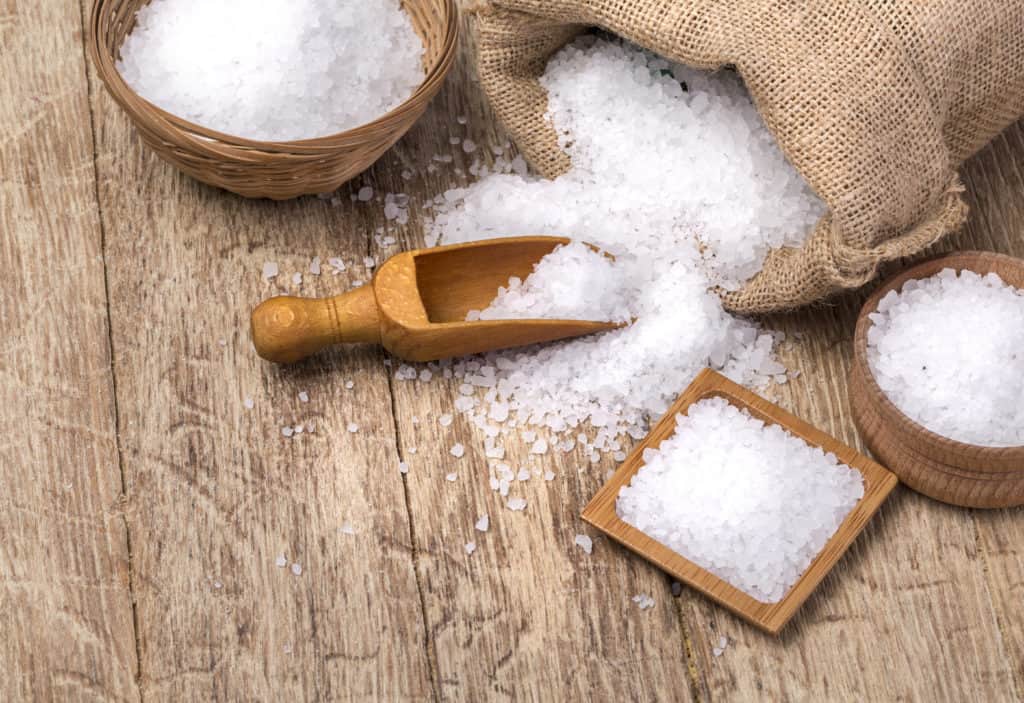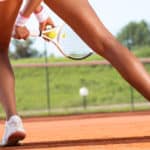In some cases, leg vein health can be negatively affected by things that are out of your control: age, genetics and major body changes such as pregnancy. However, some daily habits can also lead to venous issues, and changing these habits can reduce your risk of developing unhealthy veins. The vascular surgeons in Orlando at Central Florida Vein & Vascular Center are here to outline a few common habits worth examining more closely.
 Prolonged Standing
Prolonged Standing
Your job may require you to stand for long periods of time. The effects of gravity combined with hours of standing puts tremendous pressure on the veins—which, as we know, is something you’ll want to avoid, as it can harm the veins. Now, we’re not suggesting that you start interviewing for a job where you’re not on your feet for eight hours a day, but it’s simple to find small ways to change up your work routine. Can you take a short walk? Can you get a break to sit? Just a little bit of extra movement during the day will help take pressure off your veins. Compression hose can also be used to help counterbalance the pressure build-up from the gravity effect.

Crossing Your Legs
You may have heard to not cross your legs, as it causes varicose veins. This isn’t entirely true. Crossing your legs doesn’t put so much pressure on your veins that you’ll develop varicose veins—but you may put yourself at risk of spider veins. When you cross your legs, the major veins behind the knee get compressed and prevent venous drainage of the leg veins. Similarly, crossing legs puts pressure on the veins in the groin, also preventing venous return and increasing venous congestion.
Crossing your legs for a few minutes here and there won’t hurt. But, similar to standing, try not to do it for hours a day. Keep two feet flat on the floor instead—or, if you’re often sitting at a desk for work, you can try having your feet elevated on a small stool for some additional comfort.
 Not Building Leg Muscle
Not Building Leg Muscle
Exercise is good for just about everything—including varicose veins. When you stay stagnant for long periods of time, you can lose muscle mass. This causes veins to dilate and varicose veins to form. This happens most commonly in injured athletes, who have large amounts of muscle that they’re suddenly unable to maintain.
While maintaining muscle is important, building muscle is critical as well. This doesn’t mean you have to start running marathons. You don’t have to set aside long periods of time for the gym, either. Just take a short walk every day. Short walks are ideal for those who spend much of their day sitting or standing and will help to keep the calf muscles strong. One of the strongest pumps driving venous return is the calf muscle pump. The veins are inside the calf musculature, so when strong calf muscles contract, there is forceful propulsion of venous blood back to the heart.
 Eating Too Much Salt
Eating Too Much Salt
A low-sodium diet isn’t just a trend—eating too much salt certainly has some bad effects on your health, including an increased risk of developing varicose veins. A high-sodium diet can cause your body to retain water, which puts more pressure on your veins. This pressure, as we’ve established, harms the vein valves and can create varicose veins.
A little bit of salt isn’t bad for you. We all like our food to have a little flavor. It’s important, although, to take a quick look at the food labels before you pick something up from the grocery store. Some foods can have a surprising amount of sodium—and there’s often a low-sodium option available.
If you’ve already developed varicose veins, help isn’t far away. The vascular surgeons in Orlando and Kissimmee at Central Florida Vein & Vascular Center have dedicated themselves to treating venous insufficiency. Their specialists understand that varicose veins can be painful, frustrating, and make some feel self-conscious. Their goal is to make you happy and comfortable with your legs again. You can call them today at 407-545-3385 or visit them online at cfvein.com to set up a consultation.


